FORMATION 24/25
IN PSYCHOANALYSIS
100% ONLINE
The formation in psychoanalysis at the IIP is a living and original space for the transmission of psychoanalysis. We promote a collective experience of theoretical formulation based on the debate between different paradigms
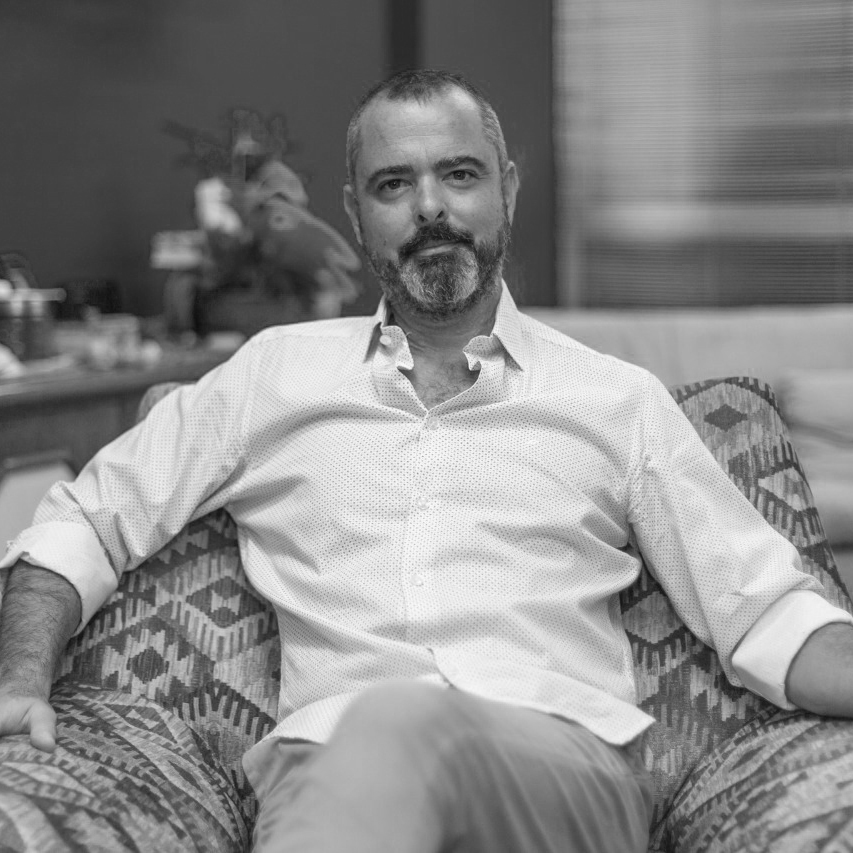
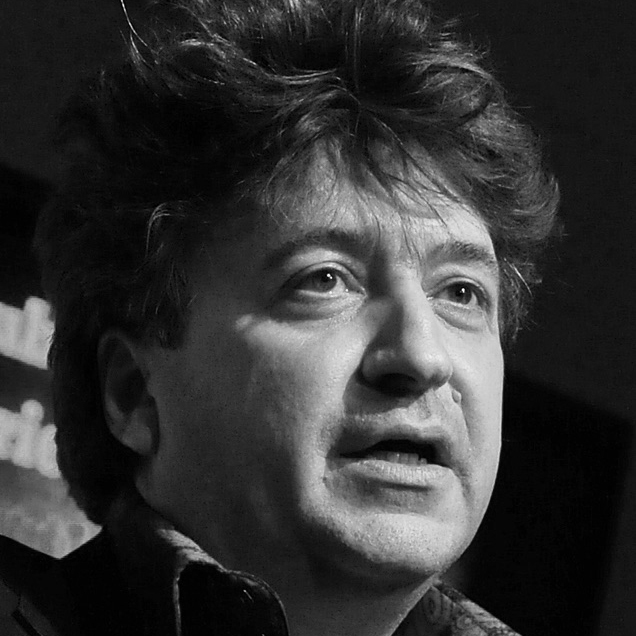
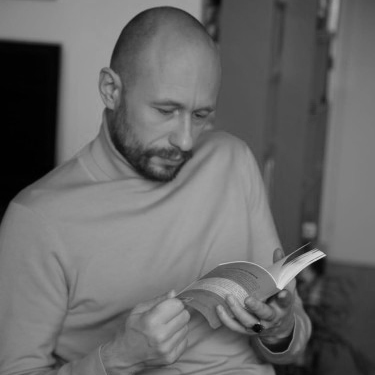
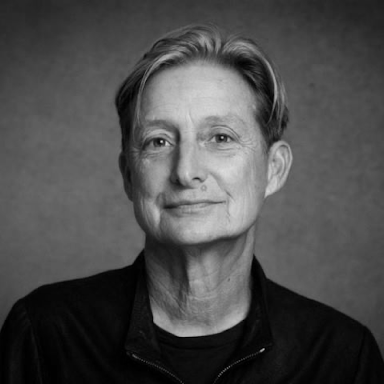
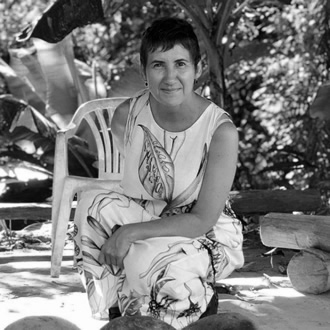
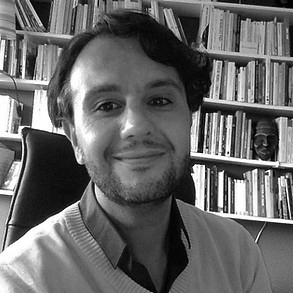
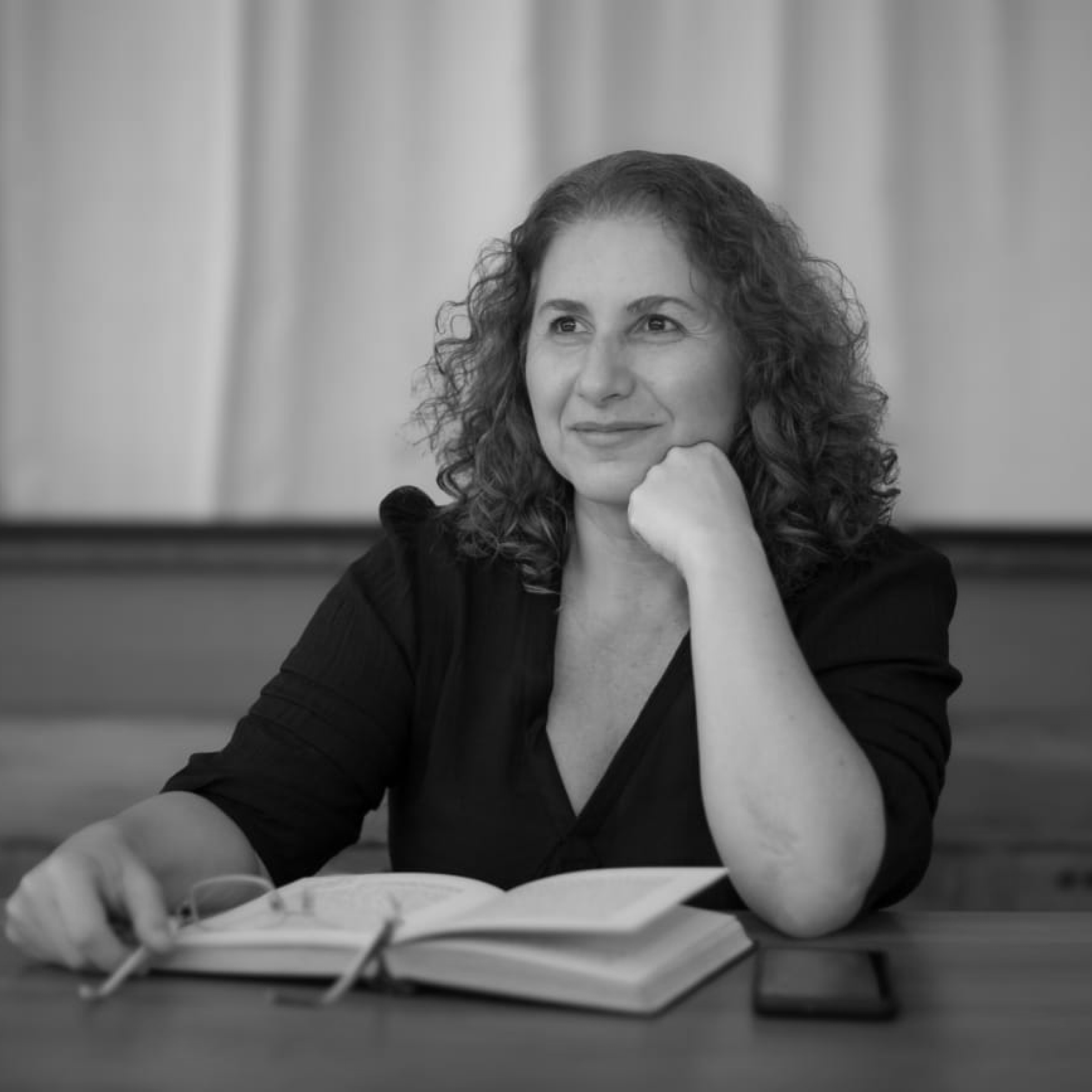


GET TO KNOW THE IIP FORMATION
The formation in psychoanalysis at the IIP is a living and original space for the transmission of psychoanalysis, offered to those starting their path, those who have been in this field of practice for a longer time as well as those who have no intention to practice psychoanalysis stricto sensu, but who are interested in finding ways of structuring knowledge from psychoanalysis.
Our approach is based on the practice and teachings of psychoanalysis since Freud, specially in Lacan, where an updated, consistent, multidisciplinary and multi-lingual reading of the text is maintained. We promote a collective experience of theoretical formulation based on the debate between different paradigms as we also grant broad accessibility to groups historically excluded from the psychoanalytic field with a view to elaborate on the path towards a decolonial psychoanalysis.
International psychoanalytic formation
In our formation we propose studies and readings conducted by 10 professors from different nationalities, origins and formation backgrounds. Our purpose encompasses a broad spectrum of action capable of providing a relevant, comprehensive, in-depth psychoanalytic formation as well as operating in research, the social field and publishing. We also accomplish theoretical intersections with other areas of knowledge: human, social and exact sciences and arts.
ABOUT THE FORMATION
PROFESSORS
10 professors from
different nationalities.
ONLINE CLASSES
Live and recorded classes with simultaneous translation into English, French, Portuguese and Libras (Brazilian sign language, on demand), and classes divided into language groups.
DURATION
1-year formation, starting September/2024. Classes take place on Fridays and Saturdays.
ACCESS TO RECORDINGS
Classes remain available through the student platform during the whole formation
THE FORMATION OF THE PSYCHOANALYST
We consider the formation of the psychoanalyst a process of constant construction and refinement of each one’s manner of sustaining an ethical clinical practice in psychoanalysis. This development demands three axes of experience: personal analysis, theoretical formulation and supervision of clinical cases. The practice of this tripod allows us to claim that the formation of the psychoanalyst is not restricted to their bond to a specific institution. We comprehend that the formation of the psychoanalyst is organized in a variable balance, constantly renewed with what is learnt in personal analysis, text studies and clinical exchanges.
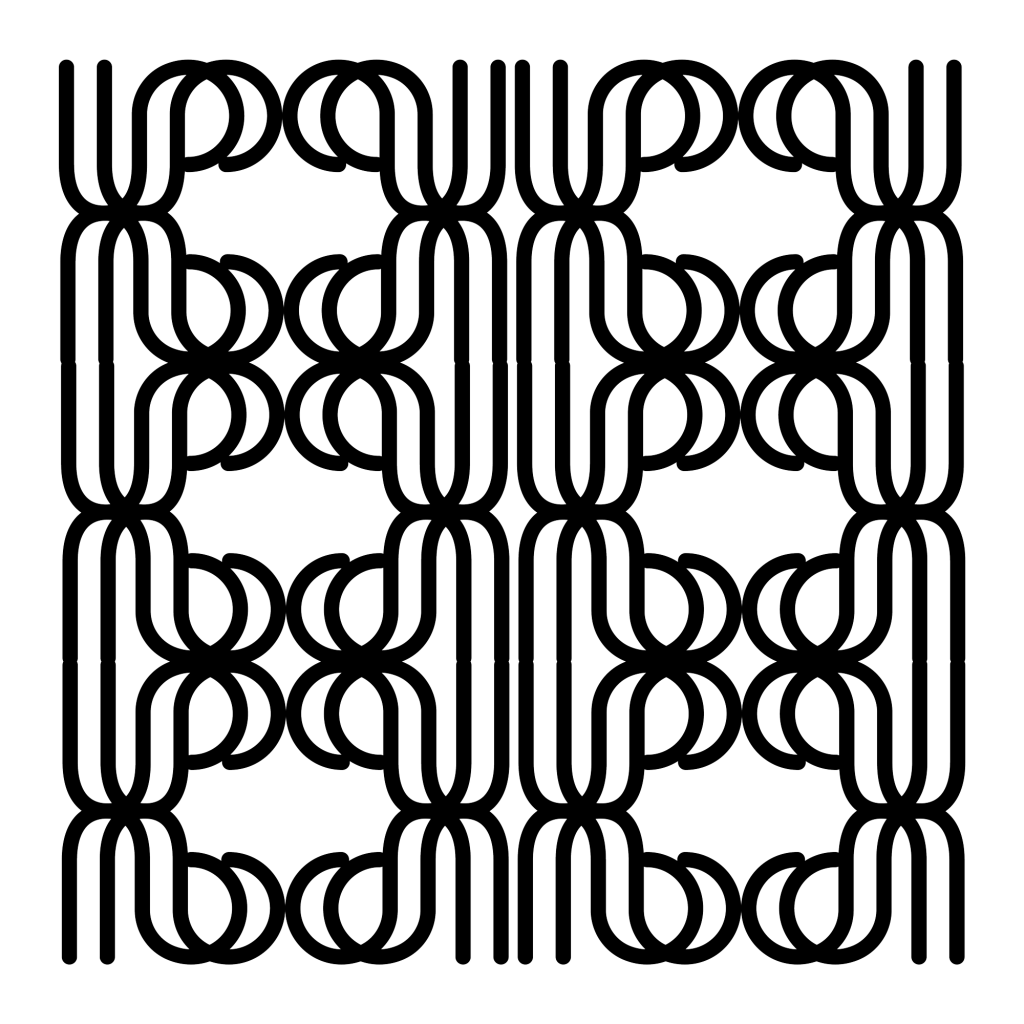
ABOUT THE IIP
The International Institute of Psychoanalysis (IIP) is an active and diverse network whose scope reaches beyond geographical borders and psychoanalytic schools. We enjoy and are open to contact and partnership with professionals from other trajectories while we work independently of other official organizations. We encourage and build multidisciplinary connections among professionals and institutions over the world.
professors of the IIP's formation
TESTIMONIES FROM STUDENTS
I'm Mohamed EL BAGHDADI, living in Casablanca, Morocco, and a student of the first year of the formation in the International Institute of Psychoanalysis. I'm glad to leave my testimony on the psychoanalysis formation of the IIP. It's a magical moment that started 8 months ago in complete serenity, with a multicultural group filled with human treasures. A beautiful energy thanks to the interventions of psychoanalysts and the effective tools that connect many countries, with no loss despite the distance. All this allows me to leave each class with overflowing knowledge. This formation brought me and always brings me many things I haven't finished discovering. Make a good choice as I did, choose the International Institute of Psychoanalysis.
Mohamed EL BAGHDADI, MoroccoHi! My name is Zaíra, I'm a psychologist joining the IIP formation. I got to know the IIP through a supervisor who is also a professor at the Institute, and I was amazed by the inclusion politics, the quality of the professors and the themes approached in the formation. I've been in other schools and institutes and I can say it's the place where I felt the most welcome and heard. I already feel more well prepared for clinical practice and I recommend it to people who, as me, are looking for a space with quality formation.
Zaíra Rocha, BrazilA dear friend suggested me the IIP formation and for the last seven months I haven't lost a single episode and I appreciate the cohesion - and I'd like to say fraternity - of this community created between more than three continents (...)
Bernard Contaux, FranceHi! My name is Jamily, I graduated in psychology and fell in love with psychoanalysis during my formation. I was presented to the IIP by Hugo Valente, a professor at the Institute and my supervisor. I love taking part in the Institute and having access to the various themes proposed, to the qualified professors and colleagues from different nationalities and cultures.
Jamily Xaia Perez, BrazilWhen I entered the IIP I knew that the formation would be highly professional and with solid ethical values, but I couldn’t imagine its pertinence, its richness and the joy that would cheer me up when listening to all the professors, within their singularity, their humility and their taste for psychoanalysis, communicating us their research and their passion, to sum up: their desire. I learn at each of the courses, I also face difficulties (a formation that flies high), but in general I’m pleased to apprehend a decolonized psychoanalysis, to work, to inform myself, to learn and to unlearn, to relearn and to take the time to digest, while discussing with my formation colleagues. The cultural abundance that emerges is a real source of inspiration. The IIP is a passionate encounter, like meeting a work of art, an artist, a poet, with so many curiosities to discover, to be astonished and marveled. We won't exit the formation the same way we entered, that's for sure. It's a real joy to be able to embrace the opening that this "IIPesque" adventure brings us, and thereby apprehend ourselves differently.
Axelle Trinchero, FranceTaking part in the IIP formation has introduced me to a new experience of psychoanalysis. Being among such diverse people and hearing voices that are also heterogeneous, talking about psychoanalysis from their unique trajectories leaves me comfortable to also find space to be diverse and to create my own path throughout psychoanalytic studies and practices. The classes and professors create an environment in which there's space for emptiness and a bit of anxiety that accompanies those who propose to venture into the psychoanalytic (not) knowing, encouraging us but also welcoming us.
Kelly Keity Silva, BrazilThe IIP presents a study space open to the rigorous reading of psychoanalytic text, in which the theoretical and practical contributions of professors, implied in this cause, bring about the crucial and present questions of the clinic. This trajectory interests me a lot, for the advancing of a a thought-provoking production. The formation in psychoanalysis, as one of the fundamental pillars of this praxis, among other activities at the Institute, is articulated by providing interaction with students. A place where classes function as a cause, recalling Freud's words when he refers to "a spark", which causes sparks to light up where we pass, without leaving us indifferent when we approach and take these events as a true experience. The IIP is also on social media. I invite readers to follow and check out this precious income.
Andrea Coelho, BrazilGabriel da Luz, Brazil
ACCESSIBILITY

The IIP is aware of the discussions on accessibility and has been working with the implementation of actions to welcome subjects in their most diverse specificities since its foundation. We sustain permanent efforts to promote a transmission of psychoanalysis which takes into consideration specific manifestations of communication. All our events are translated into Libras (Brazilian sign language). We are also very attentive to the inclusion of people with any level of visual impairment, investing on research and provision of audio description of all our contents.
Our scholarship program and our accessibility strategies are also based on acknowledgement of sexual orientation, gender identity, social and ethnical backgrounds as well as financial fragilities. We welcome subjective singularity and diverse forms of narrative.

HOW CAN I PRE-REGISTER
FOR THE FORMATION?
1) Fill the form by clicking the button below
2) An interview will be scheduled with the IIP team
3) After the interview the subscription will be concluded
INVESTMENT FOR THE FORMATION
US Dollars
12 x $ 150,00
Brazillian Reais
12 x R$ 780,00
Euros
12 x €135,00
Payment methods
PayPal (credit card)
International transfer
See our discount conditions
Full payment (1 year): 20% off
Payment in 2 installments (every semester): 15% off
Payment in 4 installments (every trimester): 10% off
On our scholarship program
The IIP offers scholarships for specific situations, aiming to reach a broader transmission of psychoanalysis.
People from all nationalities can apply for a scholarship.
We reserve a portion of our scholarships for candidates with special motor, sensory or multiple needs.
Specific information for subscriptions in Brazil:
We reserve part of our scholarships to Brazilian candidates through a dual-quota system: a portion is intended for public school students regardless of ethnic-racial origin, and the other is intended for students who identify as black, brown or indigenous.
DOUBTS ON THE FORMATION?
Contact us:
Email: info@iipsi.com.br
WhatsApp: +55 35 997305281
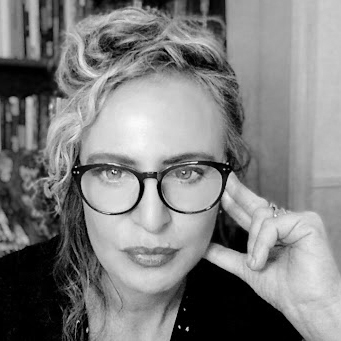
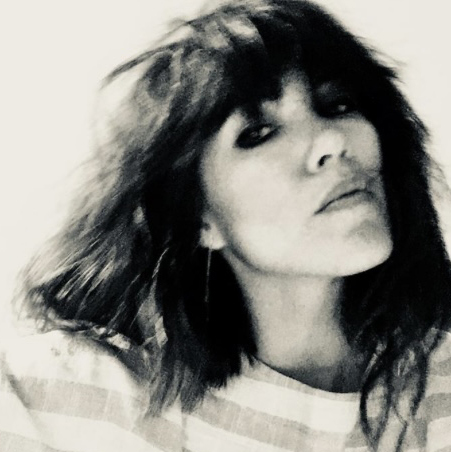
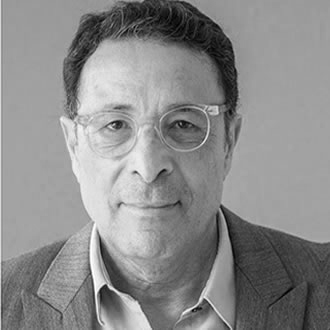


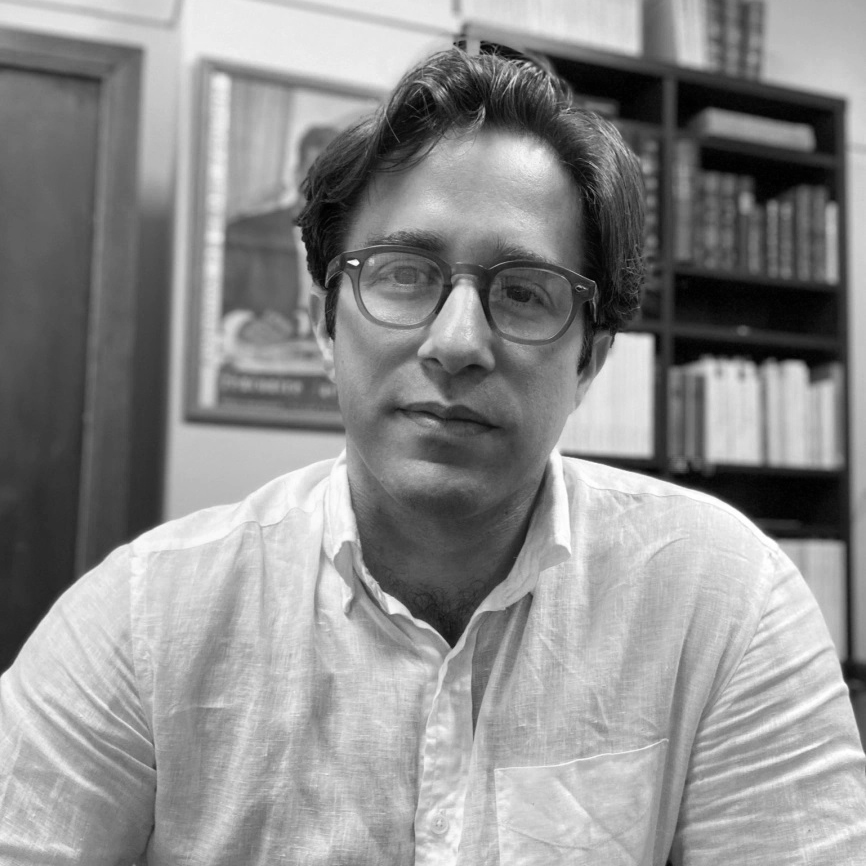
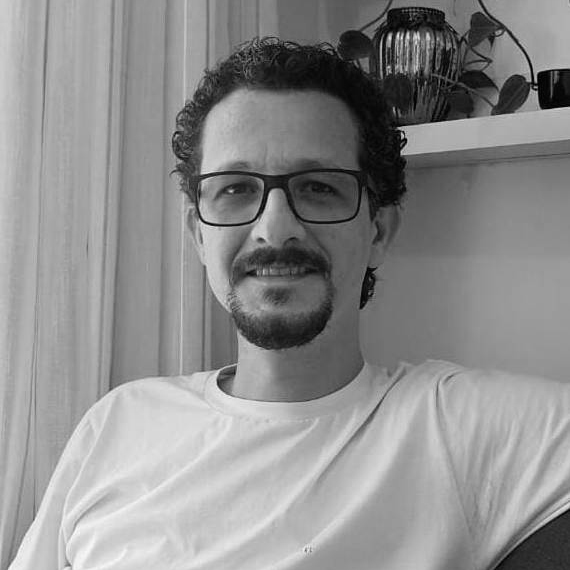
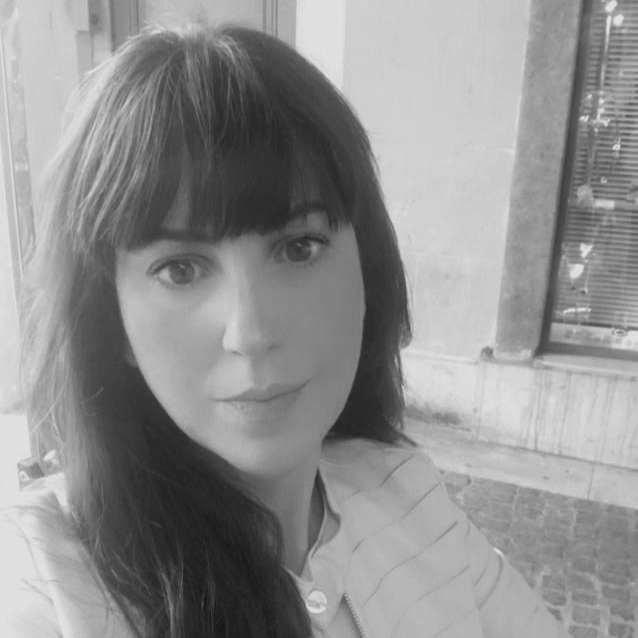
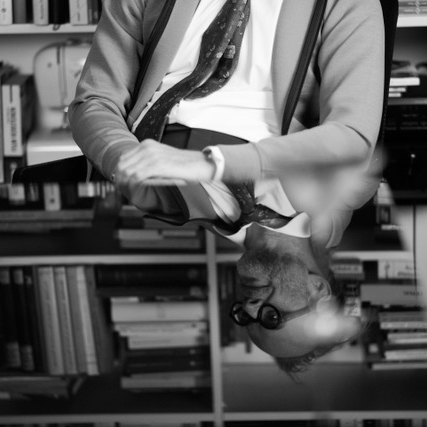

Here, at the IIP the paradox and multiplicity is welcome to give direction to the courses, allied with rigor and impeccable organization. A transcultural, multilingual voyage that opens worlds and perspectives. It's for those who wish to wish, who want to know and want even more. Each class is a (poi)ethical encounter, to cultivate the becoming of a psychoanalyst.
Fabiana Machado, Brazil